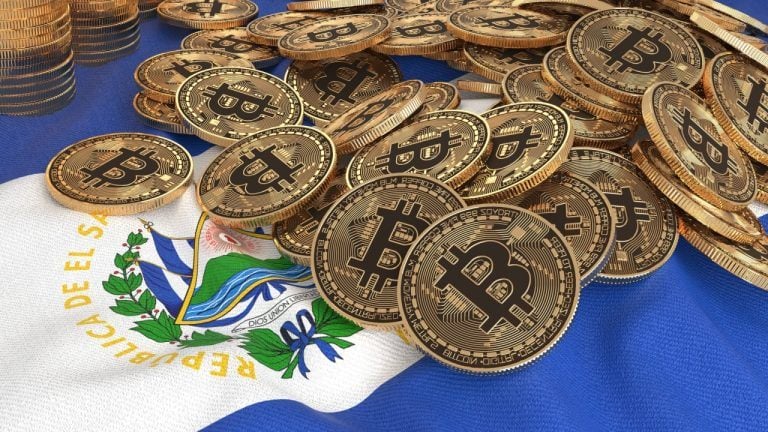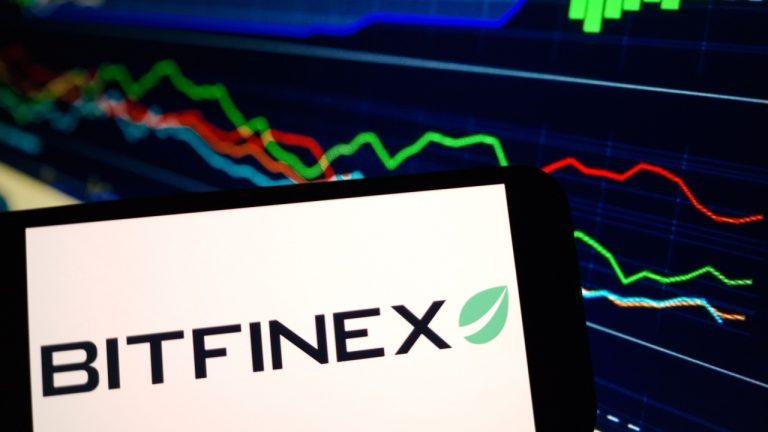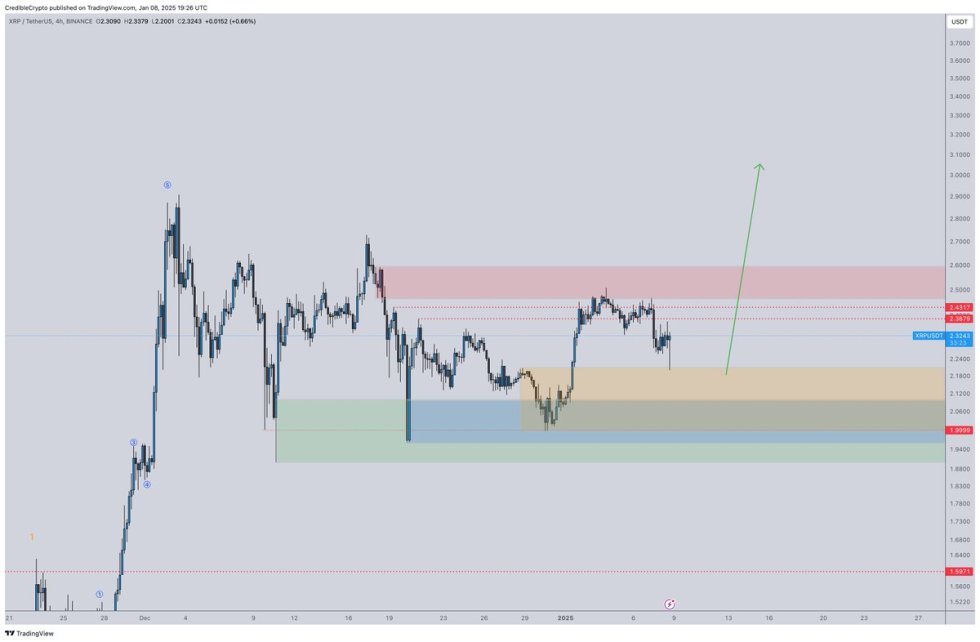The State of Wisconsin Investment Board recently announced the purchase of $99 million worth of IBIT shares, BlackRock’s spot Bitcoin ETF. This marks the first investment in Bitcoin ETF shares by a public pension fund.
While this is the first time a state pension has bought shares of a Bitcoin ETF, it’s not the first bitcoin investment by a pension fund. In October 2021, the Houston Firefighters' Relief and Retirement Fund acquired an undisclosed amount of BTC through institutional bitcoin services provider NYDIG.
That was before spot ETFs were available. Now that a safer, easier alternative exists to buying bitcoin outright, it’s expected that many more large pension funds will follow.
The Wisconsin Pension Fund, known as one of the most financially sound pension funds of the US, bought $162,000,000 #Bitcoin And a lot more are coming This is one of the most exciting and yet ignored institutional $BTC buyers so far pic.twitter.com/af3UnW1NKI
— Quinten | 048.eth (@QuintenFrancois) June 3, 2024
Why Bitcoin? Understanding the Rationale Behind the Decision
The idea behind adding bitcoin to a balance sheet is simple. As Michael Saylor puts it, holding a large cash balance is akin to sitting atop a “melting ice cube.” Inflation steadily erodes the value of cash, resulting in guaranteed losses for investors.
Because they must balance the need for providing a guaranteed return to retirees with prudent risk management, the typical strategy of a pension fund would be to invest primarily in government bonds. Long-term and short-term Treasury bonds are considered to be the lowest-risk securities available, and they yield stable returns. Blue-chip stocks and investment-grade bonds are also viable options. For many years, these three asset classes were the only ones pension funds could expose themselves to by law.
But after the GFC and years of near-zero interest rates that followed, pensions have had to be more creative to generate returns, and the associated rules have relaxed. To make matters worse, bond yields have gone up dramatically since 2022. This makes shorter duration T-bills attractive for their higher interest rates, but it also means the value of bonds has gone down, resulting in losses for anyone holding long-duration government debt.
This situation, in essence, plays a large role in why pension funds have begun investing in bitcoin.
Most bullish #Bitcoin setup of all time:- Bitcoin ETFs were the most successful ETF launch ever.- BlackRock quietly sprinkling Bitcoin into conservative bond funds.- Post-halving upward price impact has yet to kick in.- Wisconsin State Pension Fund allocating earlier than… pic.twitter.com/Y2KVb7SMGb
— Stack Hodler (@stackhodler) June 3, 2024
Future Prospects: What This Means for Other Pension Funds
As far as what the future holds, no one has a crystal ball, as the saying goes. However, we can look to what’s been happening with corporations as of late for clues to what might be in the works for pension funds.
Michael Saylor’s MicroStrategy was the first public company to adopt bitcoin as a treasury asset. The corporation currently holds over 210,000 BTC, or about 1% of the total supply. The strategy has been a monumental success. Not only has the company seen its balance sheet balloon to the tune of billions of dollars, but the share price has also skyrocketed.
As expected, other CEOs have taken notice. Many of them want to take a page out of Saylor’s playbook, and some have already begun to take action.
How Microstrategy Prints #Bitcoin ???? pic.twitter.com/lo9WnhLtSL
— Simply Bitcoin (@SimplyBitcoinTV) May 28, 2024
For example, two more companies have recently joined the list of those adopting a Bitcoin treasury strategy. Semler Scientific shares surged on 28 May 2024, as news of the company adding $40 million worth of bitcoin to its balance sheet broke. And on 9 April 2024, Japanese Web3 infrastructure provider Metaplanet saw its shares soar by 90% after announcing an acquisition of $6.5 million in BTC.
It seems safe to assume that a similar thing might happen for pension funds. It’s important to note that there tends to be a significant time delay between the first movers and further adoption, though. MicroStrategy began its process of acquiring Bitcoin in 2020. Four years later, corporate adoption has begun to gather momentum.
So, it may be a few years before we see other pension funds follow in the footsteps of the Wisconsin Investment Board. On the other hand, it’s also possible that such funds have been making preparations behind the scenes for many months. If so, a flurry of investments could be right around the corner.
Looking Ahead: The Role of Bitcoin in Institutional Investment Strategies
2024 appears to be the year that institutions of all kinds have begun accepting bitcoin and crypto as a legitimate asset class. The incentives have proven too large to ignore. Many in the space refer to this as game theory running its natural course: as the first movers see great success, others must follow, or they risk falling behind.
Corporations and pension funds have been the first institutions outside of asset managers to profit from the ongoing Bitcoin boom. Many have speculated that even larger entities, like sovereign wealth funds, nation-states, and perhaps even central banks, could be next.
This article was written by Brian Nibley at www.financemagnates.com.
You can get bonuses upto $100 FREE BONUS when you:
💰 Install these recommended apps:
💲 SocialGood - 100% Crypto Back on Everyday Shopping
💲 xPortal - The DeFi For The Next Billion
💲 CryptoTab Browser - Lightweight, fast, and ready to mine!
💰 Register on these recommended exchanges:
🟡 Binance🟡 Bitfinex🟡 Bitmart🟡 Bittrex🟡 Bitget
🟡 CoinEx🟡 Crypto.com🟡 Gate.io🟡 Huobi🟡 Kucoin.




















Comments